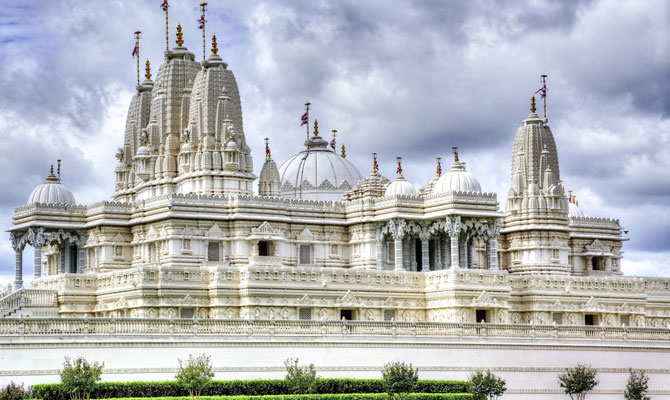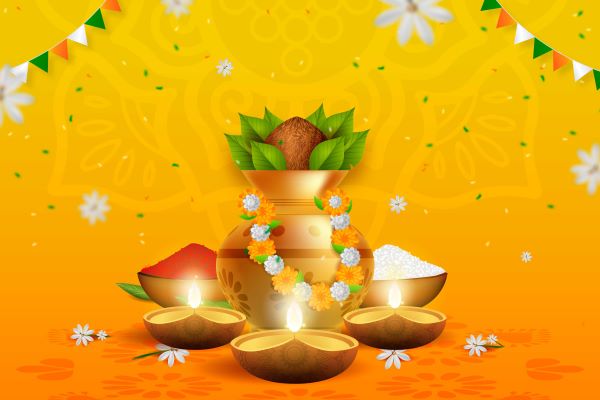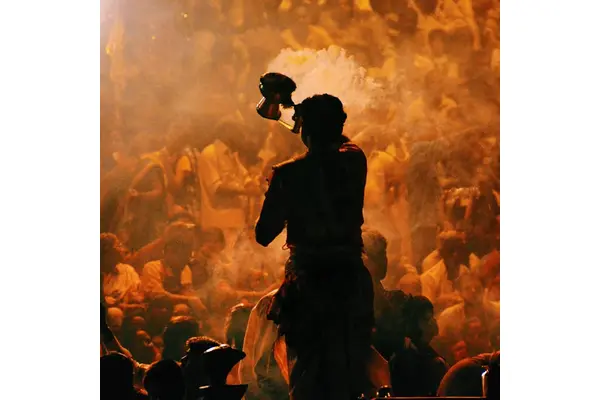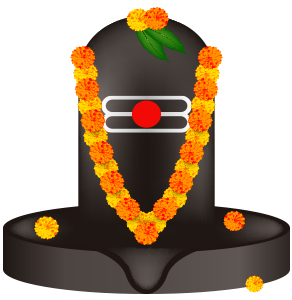
Worshipping Gods in Hindu Temples: A Sanatan Dharma Perspective
Sanatan Dharma is what many Hindus refer to Hinduism as. Signifying the “eternal” truth and knowledge of the Hindu religion, it can also be translated as “the natural and eternal way to live.” For our readers who have an interest to know more about Gods and their worship in this tenet. But don’t know where to start, we have decided to give a brief summary.
What Does Sanatan Dharma Mean?
We can trace the roots of this phrase back to ancient Sanskrit literature. Sanatan in Sanskrit means that which has no ending or beginning. Dharma has no direct translation in the English language but it is derived from dhri which means “to hold together or sustain”. Thus, it is often interpreted as natural law or a way to govern human lives and deeds.
As we have already discussed, it means a way of life and is the original term for what we now know as Hinduism.
Unique Beliefs
Certain basic beliefs are central to Sanatana Dharma. The belief that the Atma or the soul is superior to the physical body, the belief that the Atma should strive for liberation or moksha, faith in repeated births or reincarnations until the Atma is finally liberated, the belief that God will liberate us, and the belief that liberated souls are never born again are some of these beliefs.
Gods and Goddesses in Sanatan Dharma
The most widely held religious expression for the Hindus is devotion to God and the Goddesses. Devotion to God and the Goddesses of Hinduism is known as Bhakti. It is a totally separate realm of knowledge and practice and encompasses both a childlike fascination with the inexplicable and the unknown and the complete admiration provided by the knowledge of esoteric interworking between the three worlds. Hinduism believes that existence is comprised of three realms, the first of which is the physical universe, the second is the subtle astral or mental realm of existence, where the devas, angels, and spirits dwell, and the third is the abstract spiritual plane inhabited by the Mahadevas. Hinduism is a unique harmony between these realms.
In the Hindu Pantheon, there are many deities but all are considered as many expressions of a single Supreme Being.
Hierarchy in Hinduism
So, Hinduism has a single God, but Hinduism’s hierarchy of Gods can be extensive. But this hierarchy is never seen as a breeding ground for intolerance and hierarchy. A unique and all-encompassing feature of Hinduism is that one believer may be worshiping Ganesha while another worships Shiva, Vishnu, or Kali, but all pay homage to each other’s choice and don’t feel a conflict. The Sanatan Dharma offers us the gift of tolerance that allows believers of various faiths to live on their distinct paths yet live in harmony.
Speaking with The Gods
It is in the Hindu temple that the three worlds meet and worshippers invoke their Gods there. The temple is built as a palace in which the gods of our Sanatan Dharma dwell. This place is the abode of the gods, a holy place unlike any elsewhere on the planet. The devotee may not possess a mystic view of the deity, but he will be able to sense the presence of the deity. As he reaches the sanctum sanctorum, he becomes more aware that an insensible being, superior and greater than him, is present.
Stone or metal image or some other sacred form physically represents the spiritual presence of the divine being. When we do puja, a religious ritual, we are inviting the transcendence of deities and sages into our inner worlds. Therefore, the purpose of puja is to communicate. To help with this communication, we introduce an altar in a temple or home. As we pray, our surroundings get charged with our thoughts and feelings. And this helps us perceive the divinity in the ordinary.
This is how the Gods communicate in a Sanatan Dharma. It is a more realistic type of communication than the communication of language that you experience every day. And a mandir is only a place to act as a vessel between you and your God.





